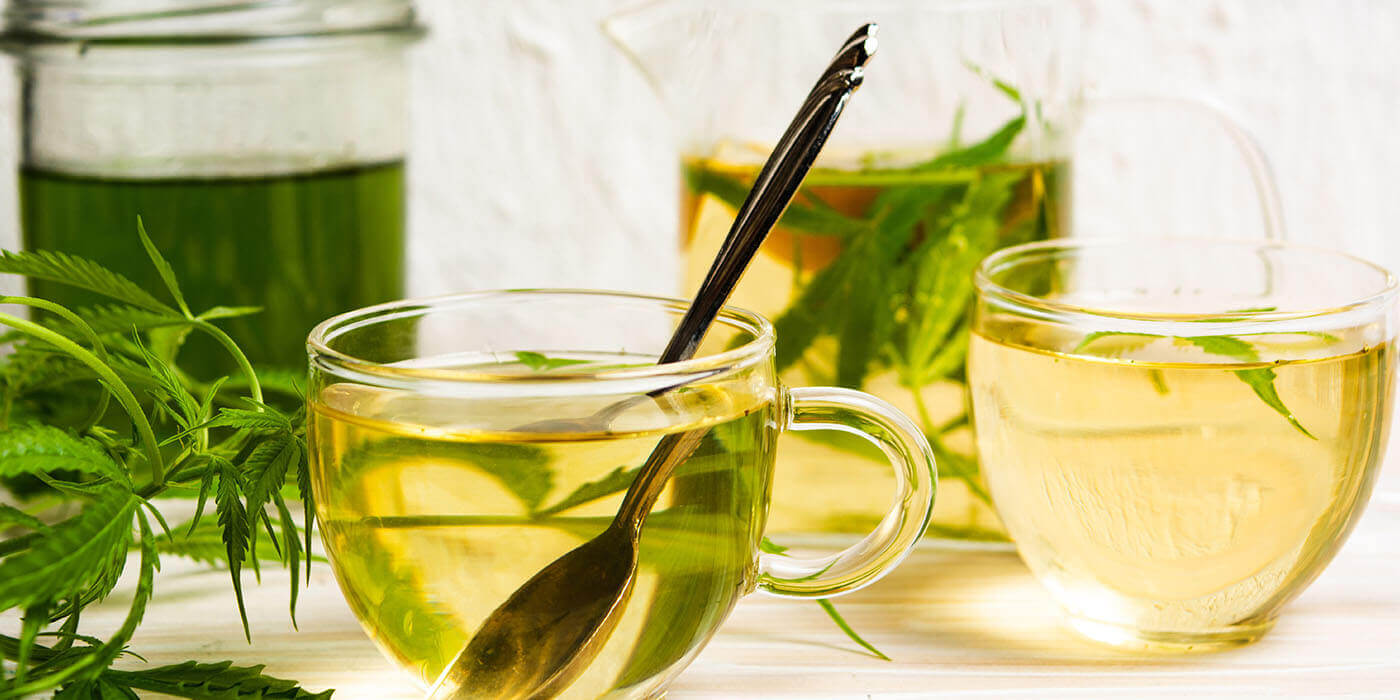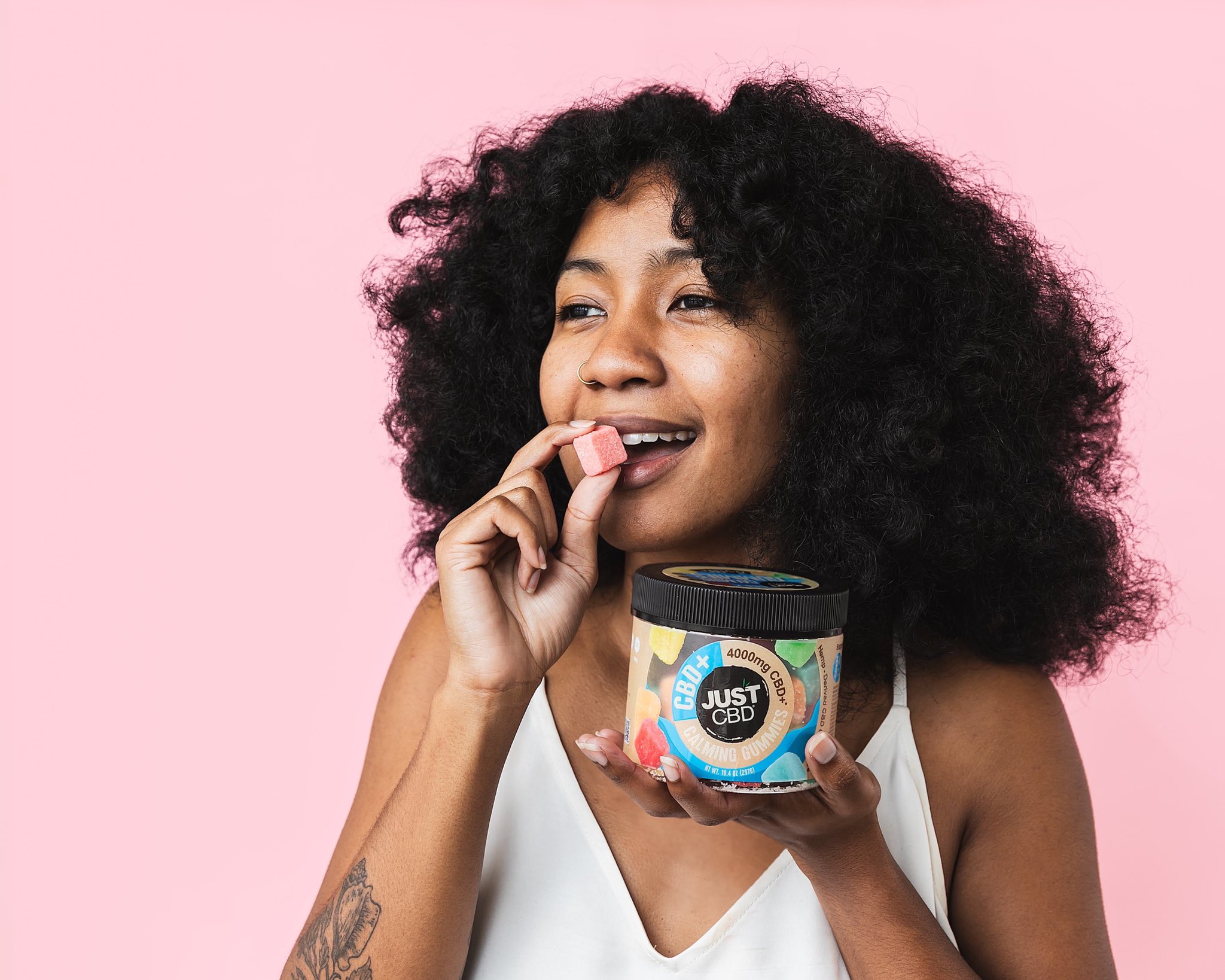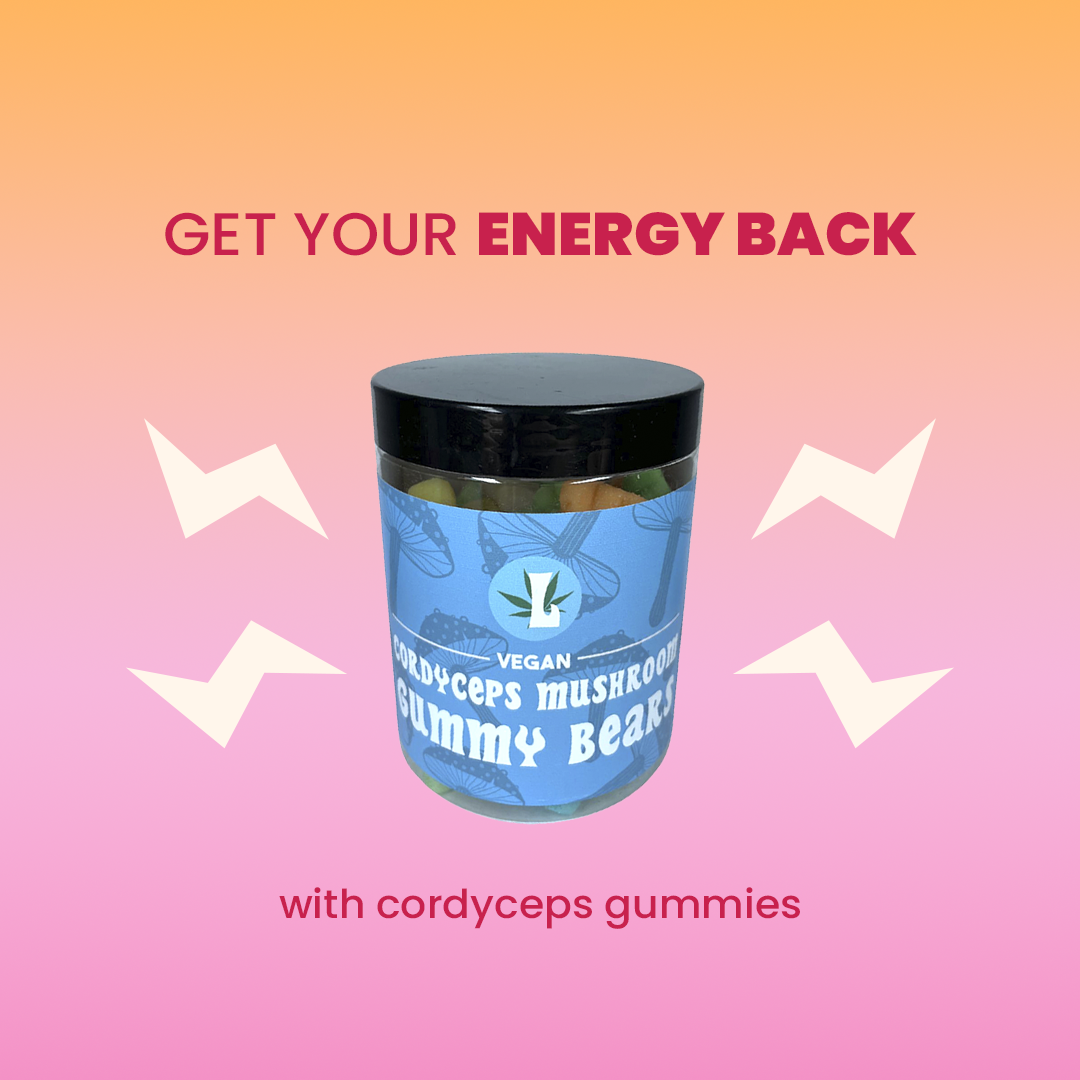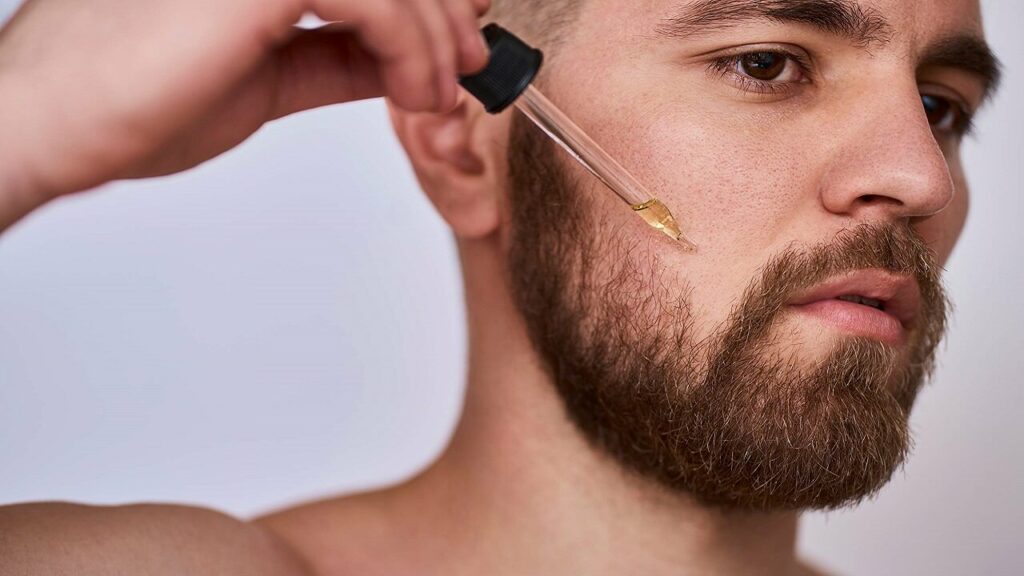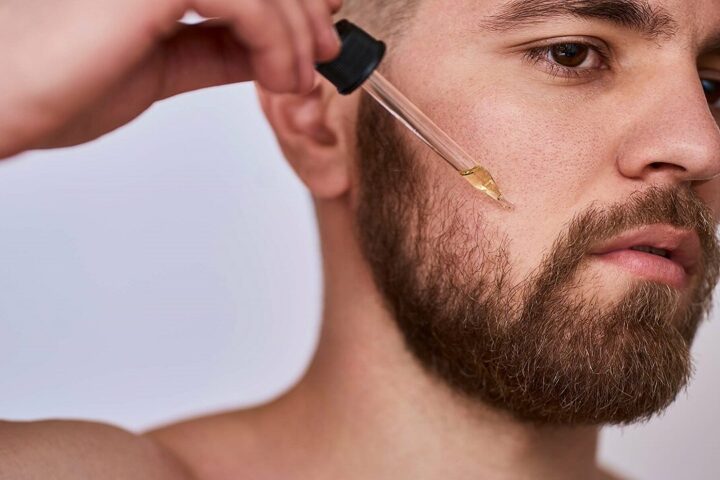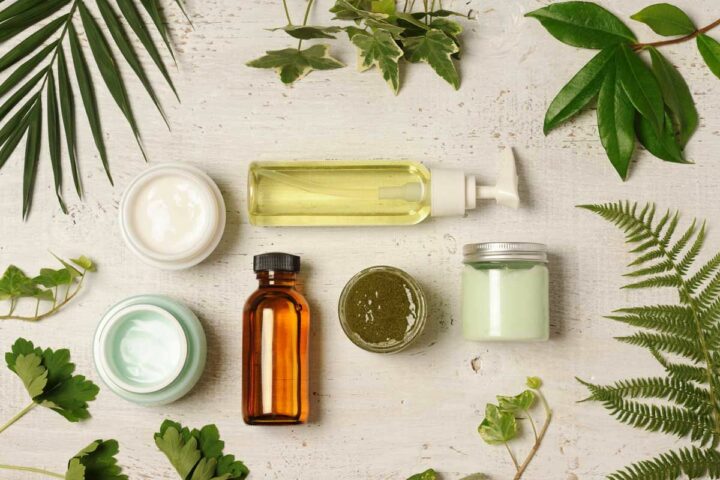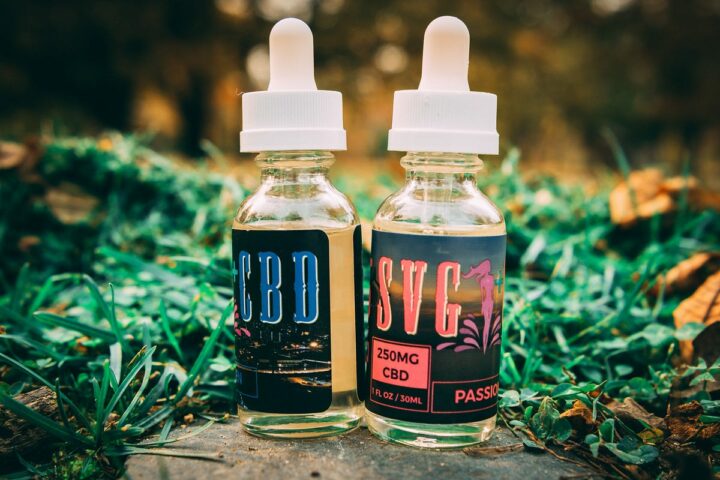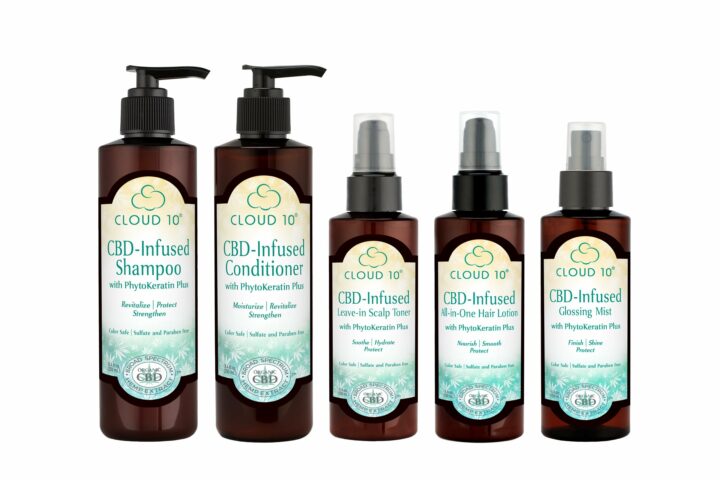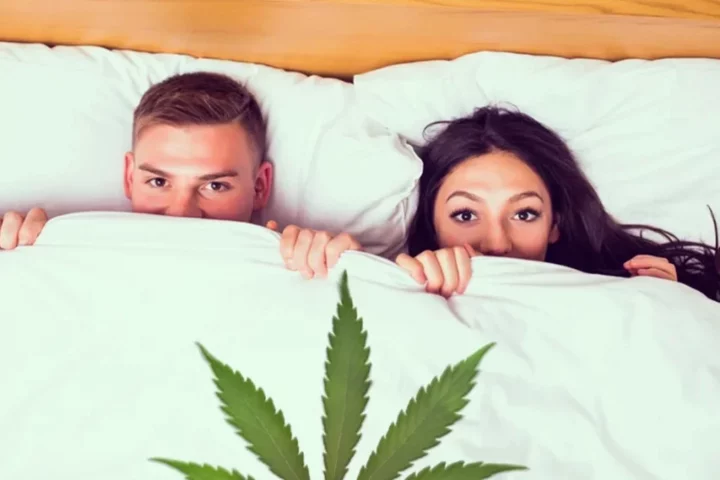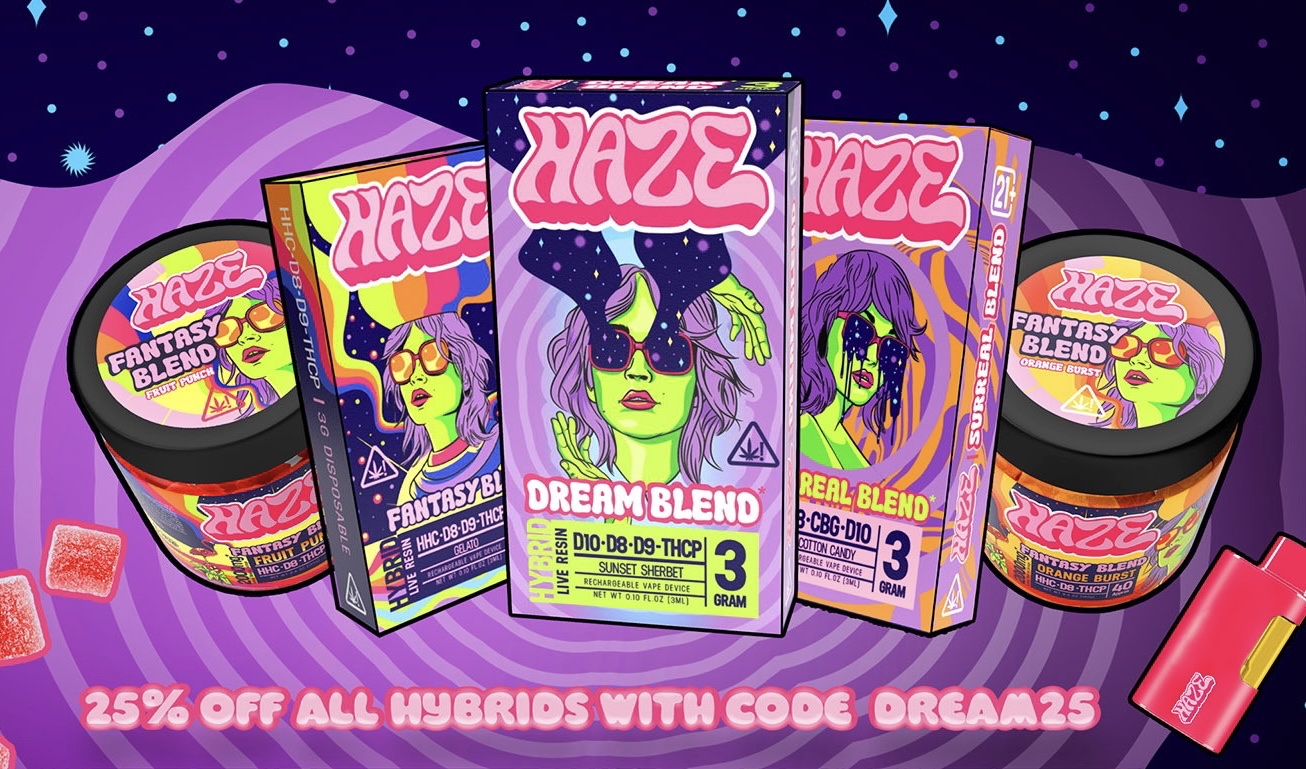CBD and Hemp Tea
What is CBD and Hemp Tea
CBD (cannabidiol) and hemp tea are two products that have gained popularity in recent years for their potential health benefits. Here is a comprehensive guide on what CBD and hemp tea are and their potential benefits.
What is CBD?
CBD is a compound found in the cannabis plant. It is one of over 100 compounds known as cannabinoids. CBD is non-intoxicating, which means it does not produce the psychoactive effects associated with THC (tetrahydrocannabinol), the main psychoactive compound in cannabis. CBD is commonly used for its potential health benefits, including reducing anxiety and depression, alleviating pain and inflammation, and improving sleep.
What is Hemp Tea?
Hemp tea is a beverage made from the leaves, flowers, and stems of the hemp plant. Hemp tea is made from industrial hemp plants that contain less than 0.2% THC, the psychoactive compound found in cannabis. Hemp tea is rich in antioxidants, minerals, and vitamins, and it may have potential health benefits.
Potential Benefits of CBD
Anxiety and Depression
CBD may help reduce symptoms of anxiety and depression. Several studies have found that CBD can reduce anxiety in people with social anxiety disorder and post-traumatic stress disorder (PTSD). CBD may also help improve symptoms of depression by promoting the release of serotonin, a neurotransmitter that regulates mood.
Pain and Inflammation
CBD may help alleviate pain and inflammation. Several studies have found that CBD can reduce pain and inflammation in people with chronic pain conditions such as arthritis and multiple sclerosis. CBD may also help reduce inflammation in the body by inhibiting the production of cytokines, which are proteins that contribute to inflammation.
Sleep
CBD may help improve sleep quality. Several studies have found that CBD can improve sleep in people with insomnia and other sleep disorders. CBD may help improve sleep by reducing anxiety and promoting relaxation.
Potential Benefits of Hemp Tea
Antioxidants
Hemp tea is rich in antioxidants, which can help protect the body against oxidative stress. Antioxidants can help reduce the risk of chronic diseases such as heart disease and cancer.
Relaxation
Hemp tea may help promote relaxation. The tea contains several compounds that can promote relaxation, including cannabinoids and terpenes.
Digestive Health
Hemp tea may help improve digestive health. The tea contains soluble fiber, which can help regulate bowel movements and promote the growth of beneficial gut bacteria.
In conclusion,
CBD and hemp tea are two products that have potential health benefits. CBD may help reduce anxiety and depression, alleviate pain and inflammation, and improve sleep. Hemp tea may help promote relaxation, improve digestive health, and provide antioxidants. It’s important to note that more research is needed to fully understand the potential benefits of CBD and hemp tea. If you are considering using CBD or hemp tea, it’s important to speak with your doctor first, especially if you are taking medication or have underlying health conditions.
How to use CBD and Hemp Tea
CBD and hemp tea are two products that can be consumed for their potential health benefits. Here is a comprehensive guide on how to use CBD and hemp tea.
How to Use CBD
Determine the Correct Dosage
The correct dosage of CBD can vary depending on factors such as age, weight, and the condition being treated. It’s important to start with a low dosage and gradually increase it until the desired effects are achieved. A general rule of thumb is to start with 5-10mg of CBD per day and increase it by 5-10mg every week until the desired effects are achieved.
Choose a Delivery Method
CBD can be consumed in various forms, including tinctures, capsules, edibles, and topicals. Tinctures are a liquid form of CBD that can be taken orally or added to food or drinks. Capsules are a convenient way to consume CBD, as they can be taken like any other pill. Edibles are food products that are infused with CBD, such as gummies or chocolates. Topicals are CBD-infused creams or balms that can be applied directly to the skin.
Follow the Instructions
Make sure to read the instructions on the product label carefully and follow them accordingly. Some products may require specific preparation or storage methods. For example, tinctures may need to be shaken before use, while topicals should be stored in a cool, dry place.
How to Use Hemp Tea
Choose a High-Quality Product
It’s important to choose a high-quality hemp tea that has been properly harvested and processed. Look for tea that is made from organic hemp and is free of pesticides and other harmful chemicals.
Brew the Tea
To brew hemp tea, add 1-2 teaspoons of dried hemp leaves, flowers, or stems to a cup of boiling water. Let the tea steep for 5-10 minutes, then strain out the plant material.
Add Flavors
Hemp tea can have a bitter taste, so you may want to add flavors to make it more palatable. You can add honey, lemon, or other natural sweeteners to the tea.
Consume the Tea
Drink the hemp tea like any other tea. You can consume it hot or cold, depending on your preference.
Safety Precautions
It’s important to keep in mind that CBD and hemp tea are not regulated by the Food and Drug Administration (FDA) and may interact with other medications. It’s important to speak with your doctor before using CBD or hemp tea, especially if you are taking medication or have underlying health conditions. Additionally, it’s important to choose high-quality products and follow the instructions carefully to ensure safety and efficacy.
Some additional safety precautions to keep in mind when using CBD and hemp tea include:
Start with a Low Dosage
As with CBD, it’s important to start with a low dosage of hemp tea and gradually increase it until you achieve the desired effects. Consuming too much hemp tea at once can lead to unpleasant side effects such as dizziness or nausea.
Be Aware of Potential Side Effects
While CBD and hemp tea are generally considered safe, some people may experience side effects such as dry mouth, dizziness, or fatigue. If you experience any side effects, stop using the product and consult with your doctor.
Avoid Mixing with Alcohol
CBD and hemp tea should not be mixed with alcohol, as it can increase the risk of side effects and impair your ability to function.
Store the Products Properly
CBD and hemp tea should be stored in a cool, dry place away from direct sunlight. Make sure to follow the storage instructions on the product label.
In conclusion,
CBD and hemp tea can be consumed for their potential health benefits, but it’s important to use them safely and responsibly. Start with a low dosage, choose high-quality products, and follow the instructions carefully to ensure safety and efficacy. If you have any questions or concerns, speak with your doctor or a qualified healthcare professional.
CBD and Hemp Tea Dosing
CBD and hemp tea can be consumed for their potential health benefits. Here is a comprehensive guide on dosing for CBD and hemp tea.
CBD Dosing
The correct dosage of CBD can vary depending on factors such as age, weight, and the condition being treated. It’s important to start with a low dosage and gradually increase it until the desired effects are achieved. A general rule of thumb is to start with 5-10mg of CBD per day and increase it by 5-10mg every week until the desired effects are achieved.
It’s also important to note that CBD can have biphasic effects, which means that low doses can have different effects than high doses. In some cases, low doses may be more effective than high doses, while in other cases, high doses may be more effective. It’s important to consult with a healthcare professional to determine the correct dosage for your specific needs.
Hemp Tea Dosing
The dosage of hemp tea can vary depending on factors such as the potency of the tea and the individual’s sensitivity to cannabinoids. As a general guideline, it’s recommended to start with 1-2 teaspoons of dried hemp leaves, flowers, or stems per cup of boiling water.
It’s important to note that hemp tea contains a lower concentration of cannabinoids than CBD products, such as tinctures or capsules. This means that the effects of hemp tea may be more subtle and gradual. It’s important to give the tea time to take effect and adjust the dosage as needed.
Safety Precautions
It’s important to keep in mind that CBD and hemp tea are not regulated by the Food and Drug Administration (FDA) and may interact with other medications. It’s important to speak with your doctor before using CBD or hemp tea, especially if you are taking medication or have underlying health conditions.
Additionally, it’s important to choose high-quality products and follow the instructions carefully to ensure safety and efficacy. Start with a low dosage, be aware of potential side effects, and avoid mixing with alcohol. Store the products properly in a cool, dry place away from direct sunlight.
In conclusion,
CBD and hemp tea can be consumed for their potential health benefits, but it’s important to use them safely and responsibly. Start with a low dosage and adjust as needed, and consult with a healthcare professional if you have any questions or concerns.
Benefits of CBD and Hemp Tea
CBD and hemp tea have been gaining popularity in recent years due to their potential health benefits. Here is a comprehensive guide on the benefits of CBD and hemp tea.
Pain Relief
CBD has been shown to have pain-relieving properties by interacting with the body’s endocannabinoid system. Hemp tea also contains cannabinoids that can help reduce pain and inflammation.
Anxiety and Stress Relief
CBD has been shown to have anxiolytic and anti-depressant effects, and hemp tea has a calming effect that can help reduce anxiety and stress.
Sleep Aid
CBD and hemp tea can both help improve sleep quality by promoting relaxation and reducing anxiety. CBD has also been shown to improve sleep disorders such as insomnia.
Skin Health
CBD has anti-inflammatory properties that can help reduce acne and other skin conditions. Hemp tea also contains antioxidants that can help improve skin health.
Digestive Health
CBD has been shown to have gastrointestinal benefits, such as reducing nausea and improving appetite. Hemp tea also contains fiber, which can help promote healthy digestion.
Immune System Support
CBD and hemp tea contain antioxidants and other compounds that can help support the immune system and reduce inflammation.
Neuroprotective Properties
CBD has been shown to have neuroprotective properties, which means it can help protect the brain and nervous system from damage and disease.
It’s important to note that more research is needed to fully understand the potential benefits of CBD and hemp tea. Additionally, it’s important to use high-quality products and consult with a healthcare professional before using CBD or hemp tea, especially if you are taking medication or have underlying health conditions.
In conclusion,
CBD and hemp tea have a range of potential health benefits, from pain relief to immune system support. It’s important to use them safely and responsibly, and to consult with a healthcare professional before use.
Legality of CBD in the UK
CBD, or cannabidiol, is a non-psychoactive compound found in the cannabis plant that has gained popularity for its potential health benefits. In the UK, the legality of CBD is complex and can be confusing. Here is a comprehensive guide on the legality of CBD in the UK.
Is CBD legal in the UK?
Yes, CBD is legal in the UK, but there are certain restrictions and regulations that must be followed. CBD is considered a novel food by the European Union, which means that it must be authorized before it can be sold as a food product. Additionally, the THC content of CBD products must be below 0.2% in order to be legal.
What is the legal status of different types of CBD products?
CBD products can be classified as medicinal or non-medicinal. Medicinal CBD products must be authorized by the Medicines and Healthcare Products Regulatory Agency (MHRA) and can only be prescribed by a healthcare professional.
Non-medicinal CBD products, such as oils, capsules, and topicals, are legal as long as they meet certain criteria. The THC content must be below 0.2% and they cannot make any medicinal claims. The products must also be labeled as a food supplement and cannot be marketed as a medicine.
Is CBD legal for personal use?
Yes, CBD is legal for personal use in the UK. However, it’s important to ensure that the product you are using meets the legal criteria, such as having a THC content below 0.2%.
Can I travel with CBD in the UK?
Yes, you can travel with CBD in the UK as long as it meets the legal criteria. However, it’s important to be aware of the laws in other countries if you plan to travel internationally with CBD.
Is it legal to grow hemp in the UK?
Yes, it is legal to grow hemp in the UK as long as you have a license from the Home Office. The hemp plants must have a THC content below 0.2% and cannot be grown for the purpose of extracting THC.
In conclusion,
CBD is legal in the UK, but there are certain restrictions and regulations that must be followed. It’s important to ensure that the CBD products you are using meet the legal criteria and to be aware of the laws if you plan to travel internationally with CBD.
FAQs-CBD and Hemp Tea
What does CBD hemp tea do?
CBD hemp tea is made from the leaves and flowers of the hemp plant, which are infused into a hot water-based drink. It contains cannabidiol (CBD), a non-intoxicating compound known for its potential therapeutic benefits. When consumed, CBD hemp tea may promote relaxation, reduce stress and anxiety, and support overall well-being. CBD interacts with the body’s endocannabinoid system, which plays a role in regulating various physiological processes. It may help promote a sense of calmness and balance, making it a popular choice for those seeking natural ways to manage stress or improve sleep quality. However, it’s important to note that the effects of CBD can vary from person to person, and individual experiences may differ. It’s advisable to choose high-quality CBD hemp tea from reputable brands and consult with a healthcare professional before incorporating it into your routine, especially if you have any underlying health conditions or are taking other medications.
Do you get CBD from hemp tea?
Yes, CBD can be derived from hemp tea. Hemp tea is made by steeping the leaves and flowers of the hemp plant in hot water, allowing the beneficial compounds, including CBD, to infuse into the tea. CBD, or cannabidiol, is a naturally occurring compound found in the hemp plant. It is one of the many cannabinoids present in hemp, known for its potential therapeutic effects. When you consume CBD hemp tea, you can experience the potential benefits of CBD, such as relaxation, stress reduction, and overall well-being. However, the amount of CBD in hemp tea can vary depending on the specific product and how it’s prepared. It’s important to choose high-quality hemp tea from reputable brands to ensure a reliable CBD content and to follow the recommended serving instructions.
Is CBD tea the same as hemp tea?
CBD tea and hemp tea are often used interchangeably, but there can be some differences between the two. CBD tea specifically refers to tea that has been infused with CBD extract or CBD oil. It is created by adding CBD to tea leaves or tea bags during the brewing process. This allows the CBD to dissolve in the hot water and be consumed along with the tea. On the other hand, hemp tea is made by steeping the leaves and flowers of the hemp plant in hot water. It may contain a range of cannabinoids, including CBD, as well as other beneficial compounds found in hemp. However, the CBD content in hemp tea may vary depending on the specific plant strain and preparation method. Both CBD tea and hemp tea can offer potential health benefits, but it’s important to read product labels and descriptions to understand the specific ingredients and CBD content of each tea option.
Can you use hemp and CBD together?
Yes, hemp and CBD can be used together. Hemp is a variety of the cannabis plant that contains low levels of THC (tetrahydrocannabinol) and higher levels of CBD (cannabidiol). CBD is one of the many cannabinoids found in hemp. It is known for its potential therapeutic effects, including promoting relaxation, reducing stress, and supporting overall well-being. When hemp is used to produce CBD products, such as CBD oil, capsules, or topicals, the CBD is extracted from the hemp plant and concentrated for use. This allows individuals to benefit from the potential health properties of CBD while minimizing the psychoactive effects of THC. Hemp and CBD products are legal in many countries and are commonly used for their potential wellness benefits. However, it’s important to ensure that the products you choose come from reputable sources and comply with legal regulations to ensure their safety and quality.
Which is stronger CBD or hemp?
CBD and hemp are not necessarily comparable in terms of strength because they refer to different aspects of the cannabis plant. Hemp is a variety of the cannabis plant that contains low levels of THC (tetrahydrocannabinol) and higher levels of CBD (cannabidiol). CBD, on the other hand, is a cannabinoid compound found in hemp and other cannabis plants. The strength of CBD products depends on the concentration of CBD present in the product. For example, CBD oil can vary in strength, ranging from low to high concentrations of CBD. Hemp itself is not considered to be stronger than CBD, as hemp is the source from which CBD is extracted. However, the potency of CBD products can vary, and it’s important to choose products from reputable sources that provide accurate information about the CBD concentration.
How long does it take for hemp CBD to kick in?
The time it takes for hemp CBD to take effect can vary depending on several factors, including the individual’s metabolism, the method of consumption, and the dosage. Generally, when taken orally, such as through CBD oil or capsules, it may take anywhere from 30 minutes to 2 hours for the effects to be noticeable. Sublingual administration, where CBD oil is held under the tongue for a short period before swallowing, may lead to quicker onset, typically within 15-30 minutes. Inhalation methods, such as vaping CBD, can provide more immediate effects, typically within minutes. It’s important to note that everyone’s body is different, and individual experiences may vary. Starting with a lower dosage and gradually increasing it as needed can help determine the optimal timing and dosage for each person.
Does CBD hemp make you sleepy?
CBD hemp typically doesn’t cause drowsiness or make you feel sleepy. In fact, CBD is commonly used by individuals to promote a sense of relaxation and well-being without the intoxicating effects associated with THC. However, it’s worth noting that CBD can have a calming effect on some individuals, which may indirectly contribute to a more relaxed state conducive to better sleep. Additionally, some CBD products may contain other natural compounds, such as terpenes, which could have sedative properties. If you specifically want to use CBD for sleep, it’s recommended to choose CBD products formulated for sleep support or consult with a healthcare professional for personalized guidance.
How much CBD should a beginner start with?
When starting with CBD, it’s generally recommended for beginners to begin with a low dosage and gradually increase as needed. A common starting point is 10-20 mg of CBD per day. This allows your body to adjust to the effects and gauge how it responds to the compound. Starting with a lower dosage also helps you assess your individual tolerance and find the optimal amount for your needs. It’s important to remember that everyone’s body is different, so what works for one person may not be the same for another. It’s always advisable to start low and gradually increase the dosage as necessary while monitoring how your body reacts. Additionally, consulting with a healthcare professional can provide personalized guidance based on your specific circumstances and health goals.
Can you feel CBD the first time you use it?
The effects of CBD can vary from person to person, and it’s possible to feel the effects of CBD the first time you use it, although it may not be the case for everyone. Some individuals report feeling a sense of relaxation, reduced anxiety, or improved sleep quality after taking CBD. However, others may not experience noticeable effects immediately. CBD interacts with the endocannabinoid system in the body, which regulates various processes such as mood, pain, and sleep. Factors such as individual body chemistry, dosage, and the method of consumption can influence how quickly and intensely the effects are felt. It’s important to give CBD time to build up in your system and to experiment with different dosages and delivery methods to find what works best for you. Patience and consistency are key when incorporating CBD into your wellness routine.
Can I take CBD and drink alcohol?
While CBD and alcohol are both substances that can affect the body, it is generally recommended to use them separately and in moderation. CBD is known for its potential calming and relaxing effects, while alcohol is a depressant that can impair cognitive and motor functions. Mixing CBD and alcohol may intensify the sedative effects and increase the risk of drowsiness, dizziness, and impaired coordination. Additionally, both CBD and alcohol can have individual effects on liver metabolism, so combining them may have unpredictable outcomes. If you choose to consume CBD and alcohol together, it’s important to do so in moderation and be mindful of how your body reacts to the combination. It’s always advisable to consult with a healthcare professional for personalized advice based on your specific circumstances.
Does CBD really work for anxiety?
CBD has shown promise in potentially alleviating symptoms of anxiety, but its effectiveness can vary from person to person. CBD interacts with the body’s endocannabinoid system, which plays a role in regulating various physiological processes, including mood and stress response. Some studies suggest that CBD may have anxiolytic (anti-anxiety) effects by influencing the receptors involved in anxiety regulation. However, more research is needed to fully understand CBD’s mechanisms of action and its potential benefits for anxiety. It’s important to note that CBD should not be considered a substitute for professional medical advice or treatment for anxiety disorders. If you’re considering using CBD for anxiety, it’s advisable to consult with a healthcare professional who can provide guidance tailored to your specific situation.
Is hemp and CBD the same?
Hemp and CBD are related but not exactly the same. Hemp refers to a variety of the Cannabis sativa plant that is specifically bred for industrial purposes and contains very low levels of THC, the psychoactive compound found in marijuana. CBD, on the other hand, is one of the many compounds, known as cannabinoids, found in hemp and marijuana plants. CBD can be extracted from hemp plants and used in various products for its potential therapeutic effects. While hemp and CBD are derived from the same plant species, CBD is just one of the many components of hemp, and hemp can contain other cannabinoids, terpenes, and compounds as well.
Do you take CBD every day for anxiety?
The frequency of taking CBD for anxiety can vary depending on the individual and their specific needs. Some people find it helpful to take CBD every day as part of their regular wellness routine to help manage anxiety symptoms. Others may prefer to use it as needed during times of heightened anxiety or stress. It’s important to note that CBD affects everyone differently, so it’s recommended to start with a lower dose and gradually increase as needed, under the guidance of a healthcare professional. It’s also important to choose a high-quality CBD product from a reputable source to ensure its safety and effectiveness. Consulting with a healthcare professional can provide personalized guidance on the appropriate dosage and frequency of CBD use for anxiety.
How much CBD stops panic attacks?
The amount of CBD needed to effectively manage panic attacks can vary from person to person. There is no standard dosage that works for everyone, as factors such as body weight, metabolism, and individual sensitivity to CBD can influence the optimal dose. It’s recommended to start with a low dose, such as 10-20 mg of CBD, and gradually increase if needed until the desired effects are achieved. It’s important to note that CBD is not a guaranteed solution for panic attacks, and it’s always best to consult with a healthcare professional for personalized advice and guidance on managing anxiety and panic disorders. Additionally, CBD should not be used as a substitute for professional medical treatment, and it’s important to seek appropriate professional help if experiencing severe or recurring panic attacks.
What ratio of CBD is best for anxiety?
When it comes to the ratio of CBD for anxiety, there isn’t a one-size-fits-all answer. Different individuals may respond differently to various CBD ratios. However, a common recommendation is to look for CBD products with a higher ratio of CBD to THC, as THC may potentially increase anxiety in some people. A CBD-dominant ratio, such as 20:1 (CBD to THC), or even higher, is often suggested for anxiety relief. This means the product contains significantly more CBD than THC. However, it’s essential to note that individual preferences and responses may vary, and it’s best to consult with a healthcare professional for personalized advice and guidance on choosing the right CBD ratio for managing anxiety.
- Expert Guide to Jenny Kush Weed Strain Information - April 20, 2024
- Expert Guide to Orange Creamsicle (Creamsicle) Weed Strain Information - April 20, 2024
- Expert Guide to Lemon Kush (Cali Lemon Kush) Weed Strain Information - April 20, 2024


